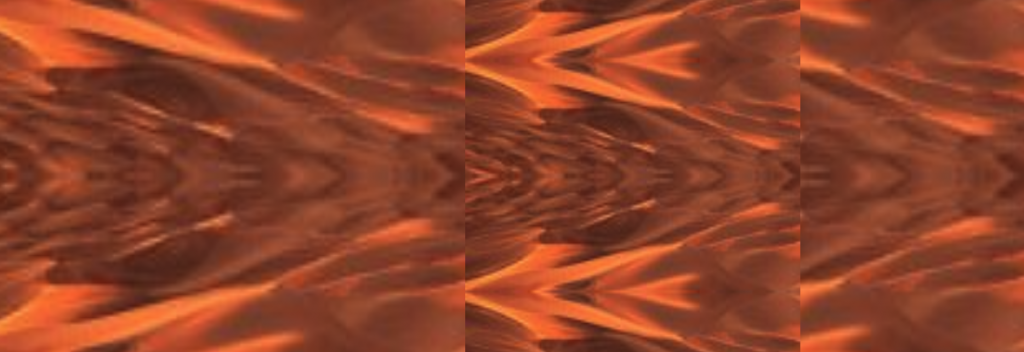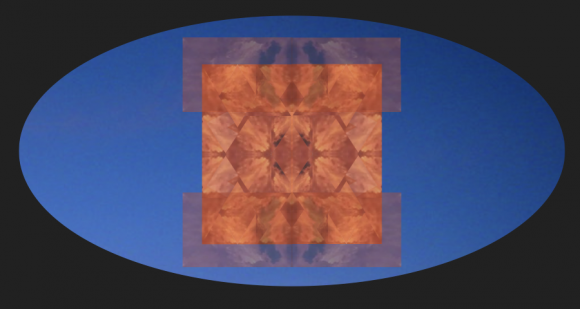The problem with projections, Jung points out, is two-fold: partly, they falsify the object; and partly, they contain pieces of the subject’s own personality which should be recognized as such and integrated (GW XIV/II, §369). Or, to put it differently: projections complicate both knowledge of the outer world (the other where the projections appear) and the inner world — knowledge of the soul, that is, or self-knowledge. Now Jung of course recommends the path of self-knowledge, and this means to see through projections and in this way gain both a clearer and more accurate view of the things of the external world and a deeper insight into oneself.

Interestingly, what helps with this important step (seeing through projections) on this important path (of self-knowledge) is also identified as spirit (Geist). Jung expounds Dorneus here (and thus we cannot be quite sure that he would have used the same term when putting things in his own words). But in any case he expands:
[…] “spirit”, the drive towards self-knowledge [or knowledge of the Self, in Jung’s technical sense of the archetype of psychic totality?] beyond all illusion and befuddlement caused by the projection.
[…] “Geist”, der Drang zur Erkenntnis des Selbst jenseits aller durch die Projektion verursachter Illusion und Benebelung.
GW XIV/II, §369.
Spirit, here, means an active principle that may drive the subject on the path of self-knowledge, and it is defined explicitly in opposition to the projection-spinning factor of the soul (typically assigned to the Anima; see e.g. GW IX/II, §20 and ff.).




[…] sharply if and when the person starts seeing through the projections, recognizing the patterns and going beyond the “befuddlement”. With the first type, this would change the ego personality, but not the external object that was […]